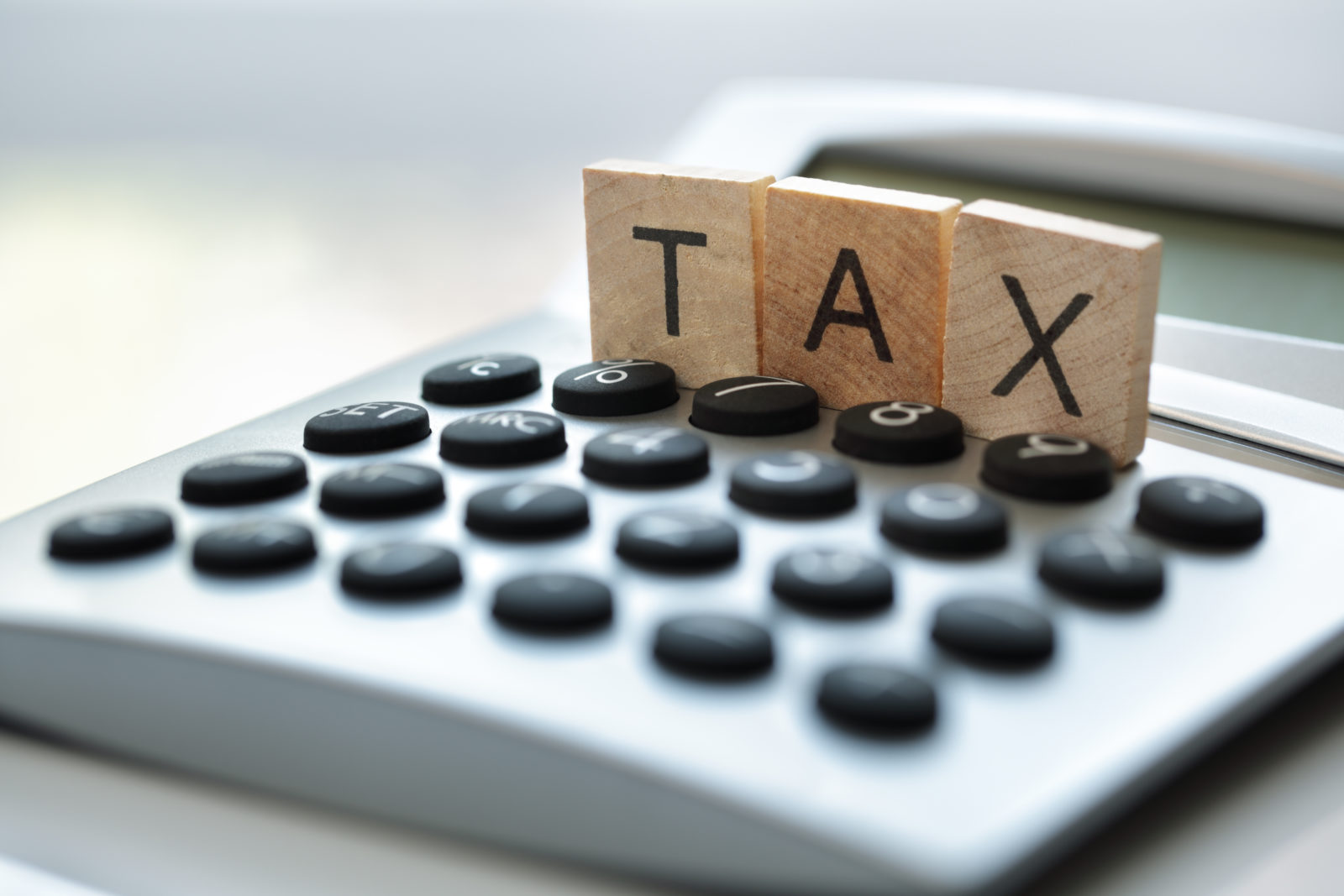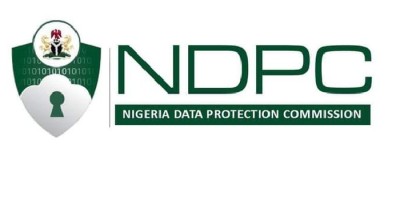- Home
- Grey Matter
- Validity Of Consumption Taxes Imposed By State Governments In Nigeria: Has The Federal High Court Decision In Hotel Owners Case Settled The Controversy?
Validity Of Consumption Taxes Imposed By State Governments In Nigeria: Has The Federal High Court Decision In Hotel Owners Case Settled The Controversy?
Posted on Sat 14 Dec 2019
- Download Resource
Introduction

The Federal High Court, Lagos Division (“FHC” or the “Court”), recently decided in The Registered Trustees of Hotel Owners and Managers Association of Lagos (suing for itself and on behalf of all its members) v Attorney-General of Lagos State & Federal Inland Revenue Service [1] (“Hotel Owners”) that (i) the consumption tax (by whatever name called) imposed and chargeable by the Lagos State Government on goods and services supplied in hotels, restaurants, and event centers in the State, is valid and enforceable under Nigerian law, and (ii) the provision of the Value Added Tax (“VAT”) Act[2] (the “VAT Act”), which imposes VAT on the supply of all non-exempt goods and services in Nigeria, is inapplicable to goods and services supplied by and in hotels, restaurants and event centers in Lagos State. The FHC further handed down an order of perpetual injunction restraining the Federal Inland Revenue Service (“FIRS”) from implementing the provisions of the VAT Act in relation to the supply of goods and services consumed in hotels, restaurants and event centres in Lagos State.
Synopsis of the Hotel Owners Case
The Plaintiffs in the suit contended in the main that having paid VAT to the Federal Government of Nigeria (“FGN”) in respect of goods and services supplied in hotels, restaurants and event centers in Lagos State, they are not liable to pay any further consumption tax imposed by the Lagos State Government (“LASG”), and sought from the FHC the declaratory reliefs set out below, to wit;
-
That the VAT Act has covered the field in respect of consumption tax on all goods and services supplied in Nigeria;
-
That the Hotel Occupancy and Restaurant Consumption (Fiscalization) Regulations 2017, made pursuant to the Hotel Occupancy and Restaurant Consumption Law of Lagos State[3] (the “Lagos Consumption Law”) is inapplicable to the Plaintiffs;
-
That the FIRS is the only lawful and competent agency vested with constitutional powers to assess and collect consumption tax in respect of goods and services supplied in Nigeria.
Lagos State Government, acting through its Attorney General, joined issues with the Plaintiffs and sought an order of the Court invalidating the applicability of sections 1, 2, 4, 5 and 12 of the VAT Act (which impose tax on the supply of all taxable goods and services in Nigeria) to hotels, restaurants and event centres, which are domiciled and/or operate within the State.
Lagos State Government further argued that the aforementioned sections of the VAT Act are inconsistent and irreconcilable with the legislative powers conferred on the different tiers of Government reserved in sections 4(2), (4) and (7) of the Constitution of the Federal Republic of Nigeria 1999 (as amended) (the “Constitution”), and as such, are invalid, unconstitutional and unenforceable.

After hearing arguments, the FHC upheld and sustained, the contention of Lagos State Government, and consequently declared that the power to impose, charge and collect tax pertaining to the supply of goods and services consumed in hotels, restaurants and event centres is on the residual list in the Schedule to the Constitution, and as such, is within the legislative competence of the Lagos State House of Assembly.
Further, the Court pronounced that Lagos State Government is the only lawful and competent authority empowered to impose, charge and collect any tax pertaining to the supply of goods and services consumed in hotels, restaurants and event centres in the State; by virtue of the provisions of section 4(7) of the Constitution, the Taxes and Levies (Approved List for Collection) Act[4] (“Approved Taxes Act”), the Taxes and Levies (Approved List for Collection) Act (Amendment) Order 2015 (“Approved Taxes Order”), and the Lagos Consumption Law. Consequent upon the foregoing, the Court made an order of perpetual injunction, restraining FIRS, its agents and privies from further assessing and collecting VAT in relation to goods and services supplied by the affected businesses.

Commentary
The decision in Hotel Owners reinforces the constitutional delineation of legislative powers among the three tiers of Government in Nigeria (Federal, State and Local Governments), and seeks to abolish the burden of double taxation borne by taxpayers in relation to the supply of goods and services consumed in hotels, restaurants and event centres in Lagos State[5]. The decision, however, does not appear to have conclusively settled the controversy around the competence of State Houses of Assembly to legislate on issues and laws pertaining to imposition and collection of consumption taxes.
In our view, the decision in the Hotel Owners Case is restrictive in scope and may not qualify as a sweeping authority on the point, as it does not seem to cover consumption tax imposed on goods and services supplied outside hotels, restaurants and event centres. There is also the well-founded contention that Hotel Owners Case appears to have been decided in sharp contrast to the Supreme Court’s pronouncements in Attorney-General of Lagos State v Eko Hotels Ltd. & anor[6]. (“Eko Hotels”).
In Eko Hotels, the Supreme Court reasoned and held that the VAT Act covers the field in relation to imposition and collection of consumption tax in Nigeria, and that the imposition of VAT and consumption tax on a taxpayer in relation to the supply of the same set of goods and services would constitute double taxation. The Supreme Court further held that since the rates of VAT and consumption tax are similar, the co-existence of the same creates an unhealthy competition between the federal and state tax laws to the detriment of taxpayers. Thus, the Supreme Court concluded that consumption laws passed by State Houses of Assembly would remain inoperable until such a time that the VAT Act is either repealed or invalidated by an order of a court of competent jurisdiction. By contrast, the FHC decision in Hotel Owners suggests that the VAT Act does not cover the field in respect of consumption tax in Nigeria.
Further, we hold the view that reference to, and reliance upon the Approved Taxes Act and the Approved Taxes Order as constituting in part, the basis for the decision in Hotel Owners appears misconceived, unfounded and unjustifiable; as the substance of both legislation does not expressly empower State Governments to impose consumption tax.

The Approved Taxes Act does not impose taxes but only prescribes taxies and levies approved as being chargeable and collectible by the three tiers of government. The listed taxes and levies become collectible after specific laws, which empower their imposition, chargeability and collection have been properly enacted into law by the competent authority so authorized to give effect to them. Thus, in determining the applicability of the Approved Taxes Act in respect of any of the taxes and levies listed thereunder, regard would be had to the character or treatment of the particular tax or levy under the Constitution.
From the provisions of section 4 of the Constitution, it is clear that taxation of goods and services supplied and consumed in hotels, restaurants and event centres neither reside on the Exclusive Legislative List nor the Concurrent Legislative List, and as such; cannot be validly legislated on by the National Assembly. This presupposes that only a State (or Local Government deriving power under a State) can validly legislate on such, being a matter on the residual list. Based on the foregoing, we are of the considered opinion that the FHC ought to have restricted itself, and anchored its reasoning in Hotel Owners on the provisions of the Constitution, without more, and to the exclusion of any other authority including the Approved Taxes Act and Approved Taxes Order.
We are aware that the FIRS has approached the Court of Appeal to challenge the FHC decision. Whilst an appeal will not necessarily operate to stay the effect of the judgement until it is effectively entered, and or an order is handed down in relation thereto, we believe that the FIRS may take steps incidental to truncating the efficacy of the judgement until the final determination of its appeal. It is also not inconceivable that the FIRS may continue to act in furtherance of imposing tax and collecting same in relation to the supply of goods and services, as it pertains to the Plaintiffs in Hotel Owners, in exercise of its powers under the VAT Act. Pertinent to state, that the FHC decision is a good judgement and shall apply as the authority on the subject until set aside by an appellate court.
1 Unreported judgment delivered by Hon. Justice R. M. Aikawa of the FHC on October 3, 2019 in Suit No: FHC/L/CS/360/2018.
2 Cap. V1 Laws of the Federation of Nigeria (“LFN”) 2004 (as amended in 2007).
3 Cap. 118 Laws of Lagos State 2015.
4 Cap. LFN 2004
5 Prior to the FHC decision in the Hotel Owners’ case, Lagos State consumption tax was charged in addition to VAT
6 (2017) LPELR-43713(SC)
The Grey Matter Concept is an initiative of the law firm, Banwo & Ighodalo
DISCLAIMER: This article is only intended to provide general information on the subject matter and does not by itself create a client/attorney relationship between readers and our Law Firm or serve as legal advice. Specialist legal advice should be sought about the readers’ specific circumstances when they arise.













